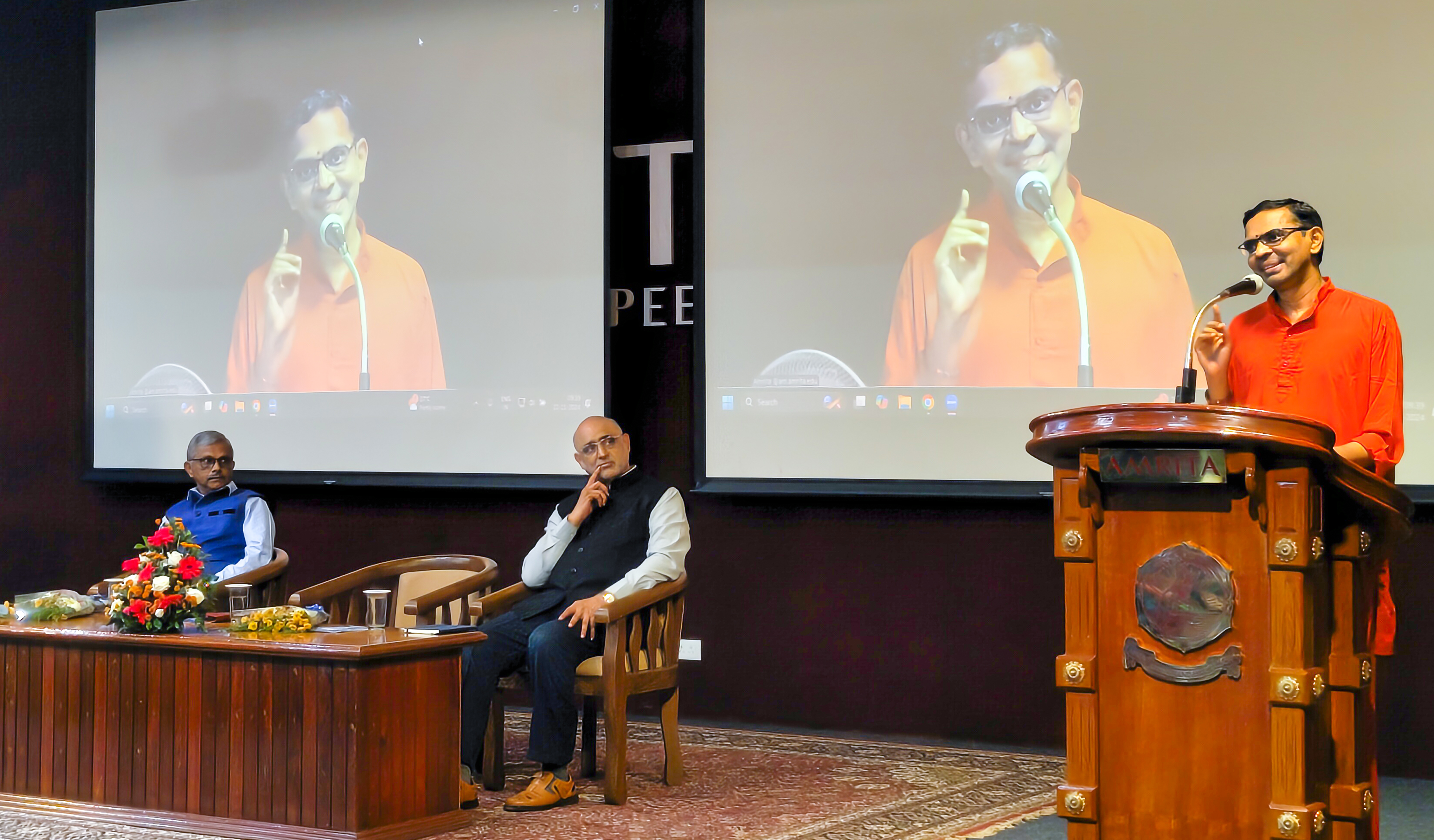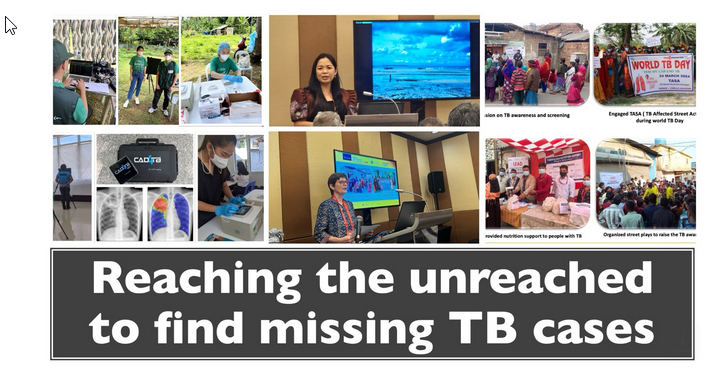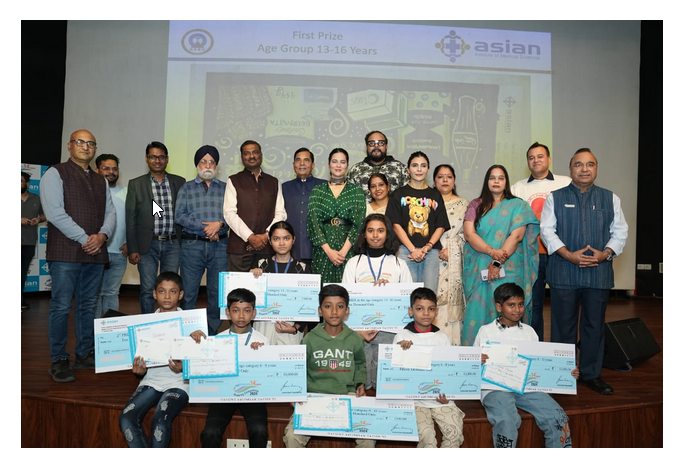In a recent study published in BMJ Nutrition Prevention & Health, researchers dived into a concerning correlation between high-altitude living and stunted growth among children in India. Drawing from data collected during the 2015-16 National Family Health Survey (NFHS-4), the study unveils a startling 40% higher likelihood of stunted growth among children residing 2,000 meters or more above sea level compared to their counterparts dwelling 1,000 meters below.
The Study's Key Revelations: Analyzing a cohort of 1,67,555 children under the age of five across the nation, the study showcases a prevalent issue of stunting, especially prevalent among children inhabiting higher altitudes, predominantly in rural locales. Stunting, a condition afflicting over one-third of five-year-olds in India, is primarily attributed to chronic malnutrition.
Furthermore, the study reveals that stunting is more pronounced among children aged 18–59 months, those born into larger families, and those born with smaller birth weights. Maternal educational attainment emerges as a crucial determinant, with children of uneducated mothers being over twice as likely to experience stunting compared to those with educated mothers.
Factors Underpinning Elevated Stunting Rates: A myriad of factors contribute to the heightened prevalence of stunting in high-altitude regions. These include diminished appetite, compromised oxygen delivery to tissues, and impaired nutrient absorption stemming from prolonged exposure to high altitudes. Additionally, food insecurity is exacerbated in these areas due to lower agricultural yields, harsh climatic conditions, and logistical hurdles in healthcare access and delivery.
Urgent Call for Targeted Nutrition Programs and Interventions: Researchers advocate for the prioritization of tailored nutritional interventions in hilly and mountainous regions to effectively combat these challenges. They advocate for a holistic approach encompassing initiatives spanning reproductive health, women's nutrition, infant and young child feeding, and food security measures.
Continuous research, surveillance, and assessment are important to inform evidence-based policies and targeted interventions aimed at addressing malnutrition in high-altitude regions.
Professor Sumantra Ray, Executive Director of the NNEdPro Global Institute for Food, Nutrition, and Health, highlights the necessity for further investigations to decipher the intricate determinants of malnutrition in these locales. He explained the efficacy of previous public health endeavors, such as iodine deficiency mitigation, while stressing the imperative of addressing the multifaceted nature of malnutrition to foster healthy growth and development among Indian children.
Paving the Path to Growth in High-Altitude Regions: This observational study exposes the exigency for bolstered health and nutrition strategies in India's high-altitude regions, where children are particularly susceptible to growth impediments. By prioritizing evidence-based interventions and policies tailored to the unique needs of these localities, we can chart a course toward fostering robust growth and development for all children, irrespective of geographical constraints, across India.

 By prioritizing evidence-based interventions and policies tailored to the unique needs of these localities, we can chart a course toward fostering robust growth and development for all children, irrespective of geographical constraints, across India.
By prioritizing evidence-based interventions and policies tailored to the unique needs of these localities, we can chart a course toward fostering robust growth and development for all children, irrespective of geographical constraints, across India.










.jpeg)







.jpg)







.jpg)




